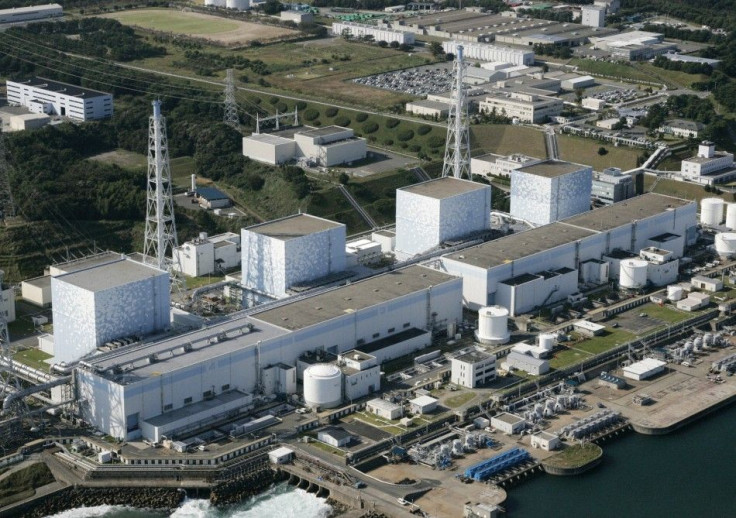Top 10 nuclear energy producers

Threat of a possible meltdown at Fukushima Daiichi nuclear plant in Japan has placed the roadmap of nuclear power as a source of energy on the back foot.
A 9.0-magnitude temblor which hit Japan on Friday has exposed the residents to a possible exposure to radiation following blasts which occurred in the Fukushima Daiichi nuclear plant. Some 200,000 people have been evacuated from the plant's vicinity. The plant has been hit by two explosions with its No. 3 reactor exploding on Monday. The first explosion was reported on Saturday.
European Energy Commissioner Guenther Oettinger said on Monday the Japanese crisis has brought the safety of nuclear reactors back into focus. If we take it seriously and say the incident has changed the world -- and much that we as an industrial society have regarded as safe and manageable is now in question -- then we can't exclude anything, he said, responding to a question on the possibility of closing down some of Germany's older nuclear plants, according to Reuters.
The meltdown scare resulted in 60,000 people pouring out on the streets of Stuttgart Germany, protesting Germany's plan to extend the lives of 10 nuclear plants.
A nuclear energy roadmap issued by the International Energy Agency targets increasing the global installed nuclear capacity to reach 1,200 GW by 2050 with annual electricity production of nearly 10,000 TWh. However, the current crisis has exposed the caveat in nuclear energy and its security with a call for the major proponents of nuclear energy to review their positions.
Here is a list of top 10 producers of nuclear energy based on 2008 data:
| Country | % of nuclear in total of domestic electricity produced |
| France | 77.1 |
| Ukraine | 46.7 |
| Sweden | 42.6 |
| Korea | 34.0 |
| Japan | 24.0 |
| Germany | 23.5 |
| US | 19.3 |
| Russia | 15.7 |
| Canada | 14.4 |
| China | 2.0 |
Source: International Energy Agency (www.iea.org)
© Copyright IBTimes 2024. All rights reserved.











